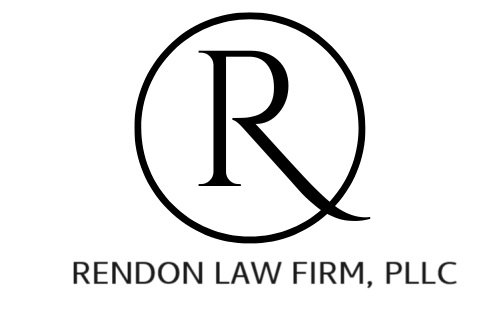Separate Property
Separate Property
Separate property is anything a party owned prior to marriage and that was kept in that spouse’s name only during the marriage, gifts (obtained before or during marriage), inheritance (inherited before or during the marriage), and money received for non-economic damages as a result of a personal injury (i.e., money received for mental anguish, pain and suffering, disfigurement, etc).
Some examples:
1. Husband owned his house prior to marriage. The parties moved into husband’s house after they got married and husband added wife to the deed. Title is now in both of their names. This is called making a presumptive gift - at divorce each party may be considered to own an undivided 50% interest as their separate property. The presumption can be rebutted with evidence of intent, but it will be a fact issue for the court. Note: If the house is ultimately determined to be 100% husband’s separate property, then wife may have a reimbursement claim on behalf of the community.
2. Inheritance that wife received during the marriage. Wife deposited the inheritance into a separate account in her sole name, which means that it’s her separate property. However, the growth in the account would be community property. Another twist is that the wife used her inheritance to renovate the marital home (which in this example the house is 100% community), the court could consider the inheritance money invested in the marital home for improvements as a gift and deny any claim for reimbursement to her separate property estate at the time of divorce. Yet another twist is if the inheritance was deposited into a shared account, then wife will need to trace the community and separate property portions.
3. Husband was injured as a result of an auto accident. He received money for his pain and suffering, which is his separate property. He also received money for his medical bills and lost wages, which would be community property. If husband deposits the money that is for his pain and suffering into a joint account, then he will need to trace the separate and community property at the time of divorce.
